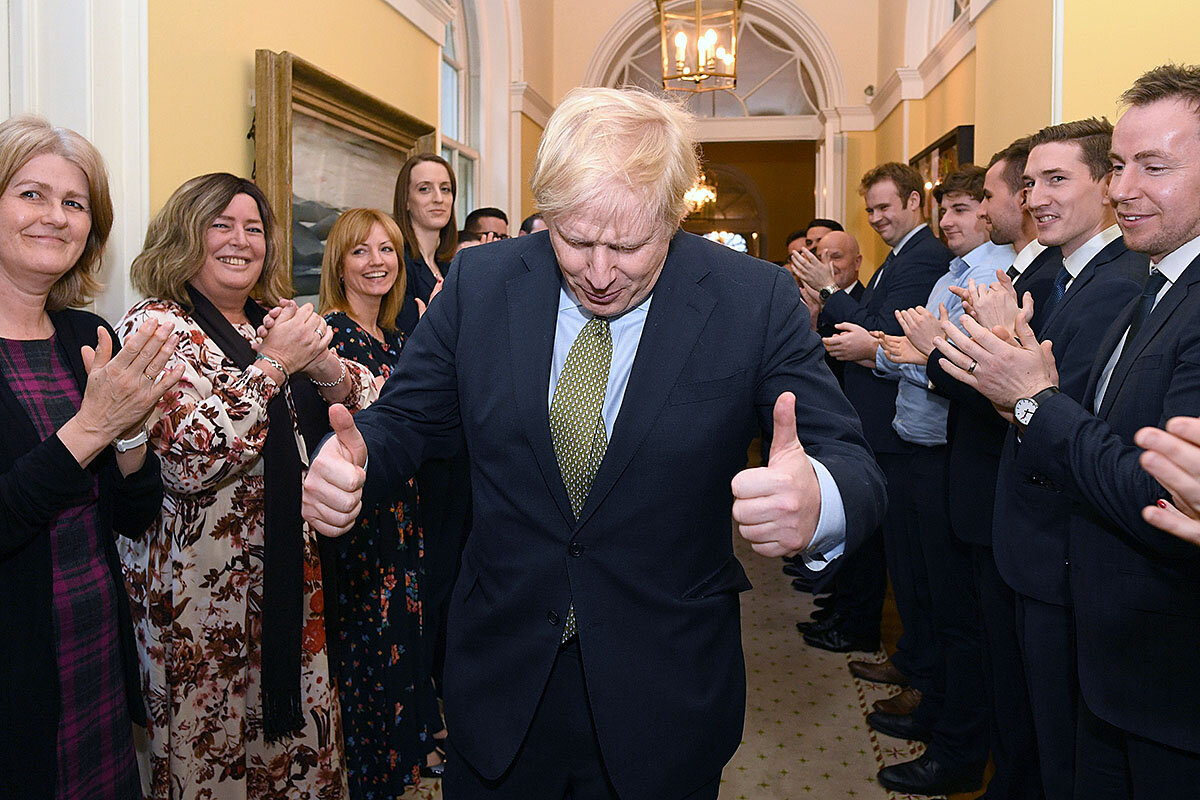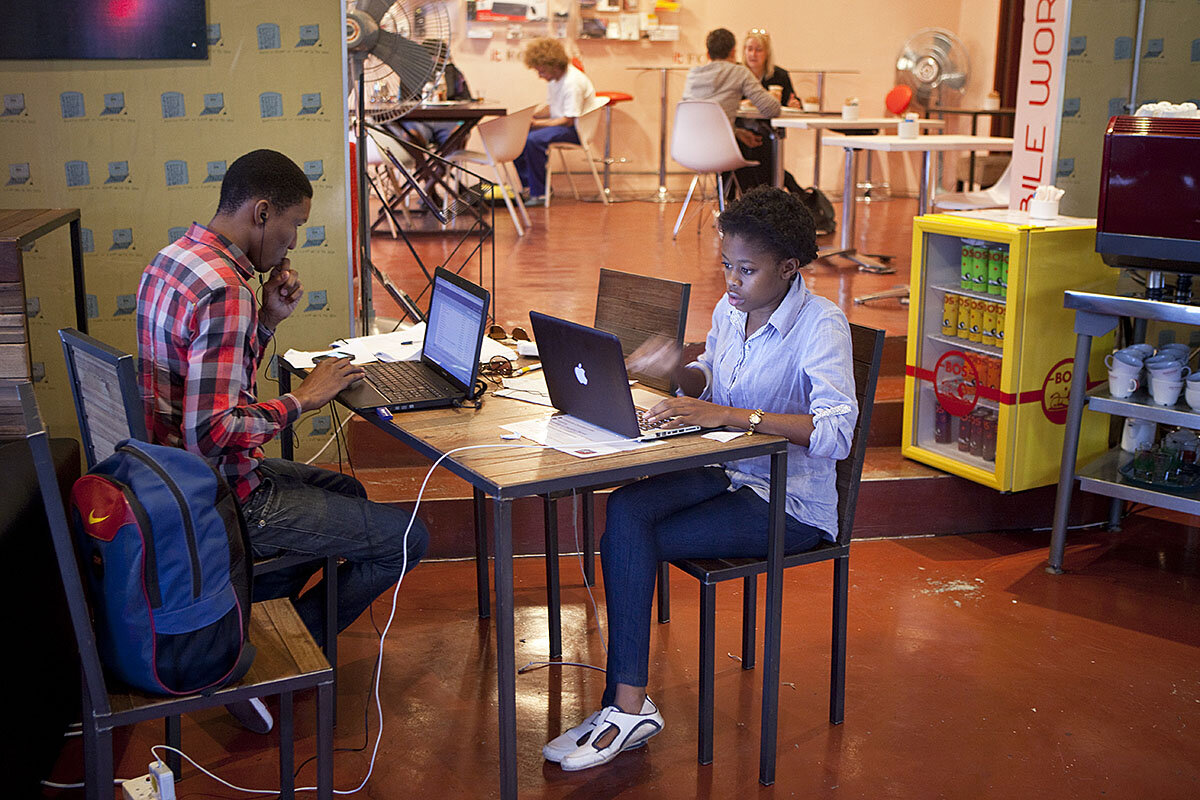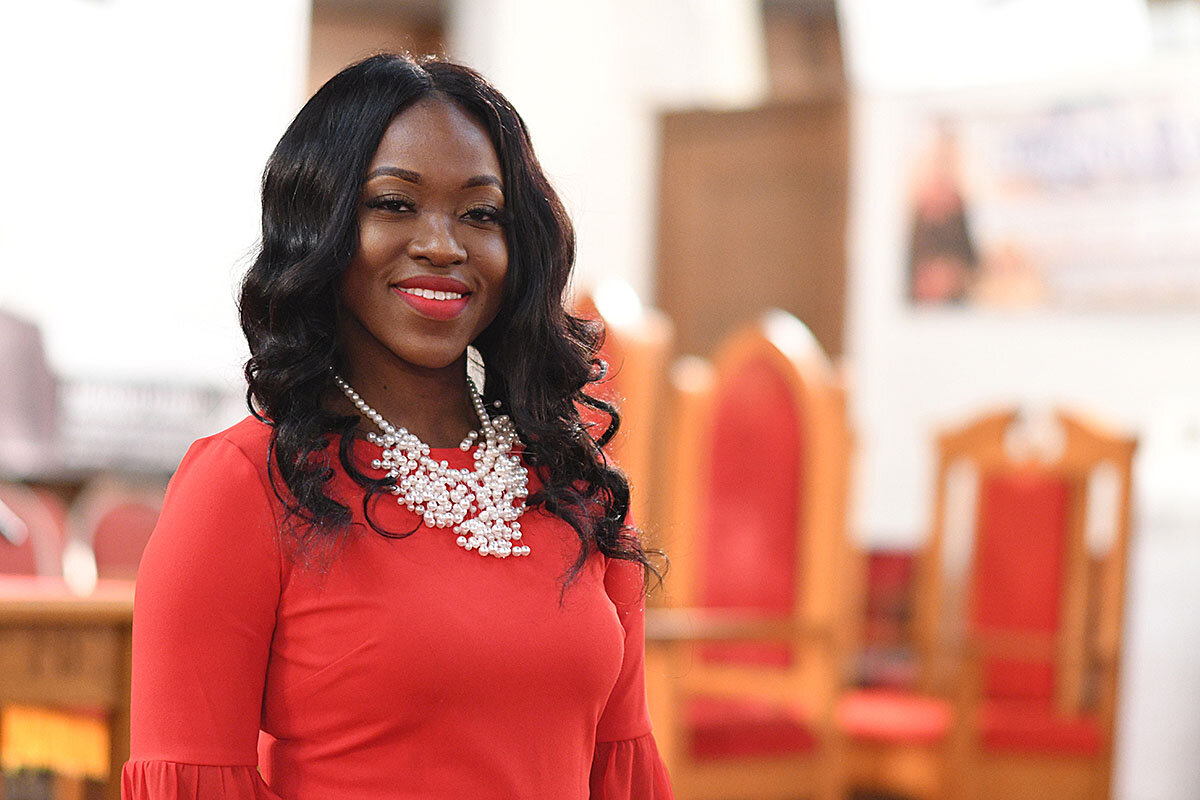Brexit could have the greatest effect upon British youth, who mostly favor remaining in the European Union. With “remain” now politically dead, those young people face a far different future from what they envisioned.
Monitor Daily Podcast
- Follow us:
- Apple Podcasts
- Spotify
- RSS Feed
- Download
 Peter Grier
Peter Grier
Our five stories today look at what’s next for young pro-European Union voters in Britain, now that Brexit seems inevitable; why Pete Buttigieg’s thin résumé doesn’t bother New Hampshire voters; whether internet access is a human right; how one educator lives an expansive interpretation of the commandment “Thou shalt not steal”; and how much one person can do to limit climate change – in a graphic.
The House of Representatives impeachment inquiry is sweeping toward its conclusion. The Judiciary Committee on Friday approved two impeachment articles via party-line vote. The full House will vote on them next week. If they pass – which seems likely – President Donald Trump will become just the third American chief executive to face a Senate trial and possible removal from office.
The president is virtually certain to win acquittal in the GOP-controlled Senate chamber.
But will the nature of American government change, even if the Oval Office does not?
Some experts worry that House impeachment could now become a normal partisan tool, for instance. In the past it’s been as rare as a white rhino. But in today’s bitter politics, a House controlled by one party could try to oust a president of the other party, just because it can.
Filibusters used to be rare, after all. Now they’re common.
Then there’s the relative power of the government’s branches.
No president has claimed absolute immunity from congressional investigation – before President Trump. His blanket refusal to provide documents or witnesses to the impeachment inquiry is unprecedented, said conservative lawyer Paul Rosenzweig on a conference call organized by the American Constitution Society.
The second article of impeachment is titled “Obstruction of Congress.” If the president is not called to account on this, no congressional subpoena to the executive branch will ever again be enforceable, said Mr. Rosenzweig.
“We will have fundamentally reset the balance of power between what are supposed to be coequal branches of government,” he said.











